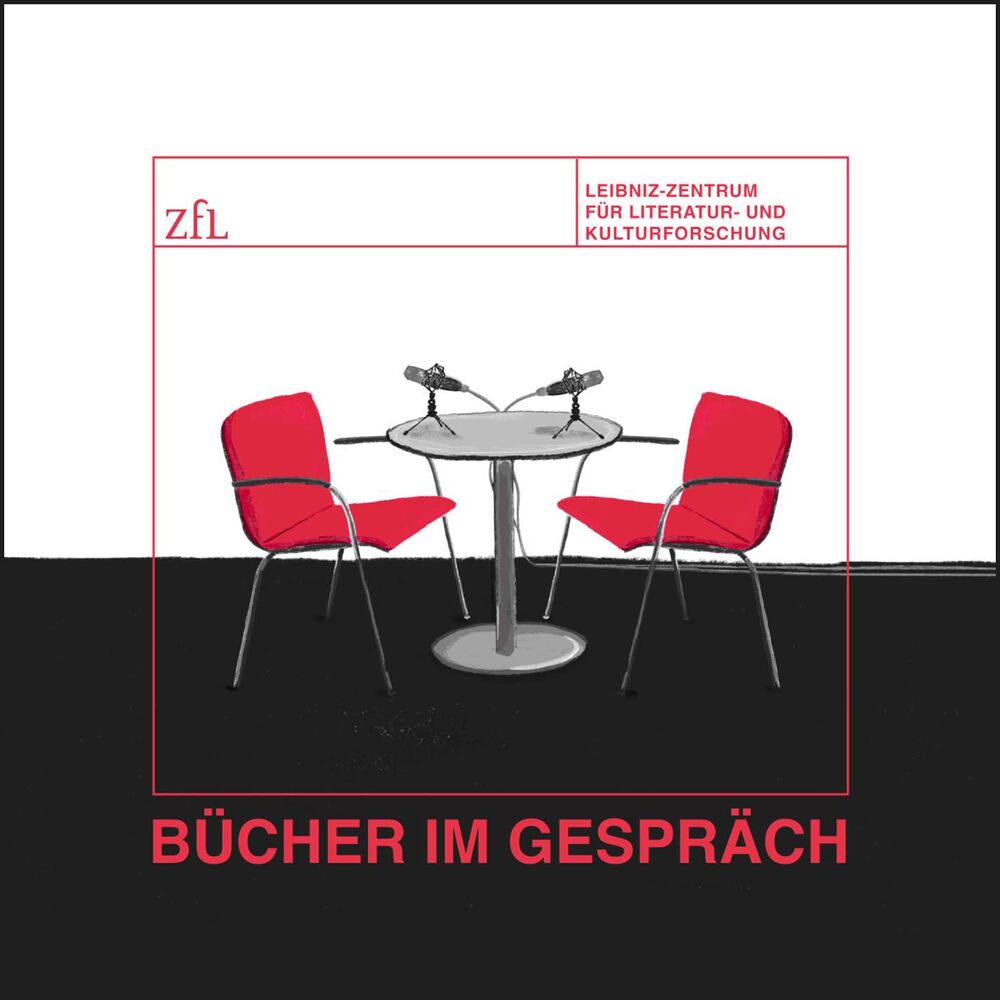Documentary Aesthetics in the Long 1960s in Eastern Europe and Beyond
This book is the first to deal with documentary aesthetic practices of the post-war period in Eastern Europe in a comparative perspective. The contributions examine the specific forms and modes of documentary representations and the role they played in the formation of new aesthetic trends during the cultural-political transition of the long 1960s. This documentary first-hand approach to the world aimed to break up unquestioned ideological structures and expose tabooed truths in order to engender much-needed social changes. New ways of depicting daily life, writing testimony or subjective reportage emerged that still shape cultural debates today.
Table of contents
- Introduction: Firsthand Time
Clemens Günther and Matthias Schwartz | 1–28
Part I Exposing a Painful Past: Modes of Testimony
- “Document of the Soul:” Varlam Shalamov’s Documentary Writing in a Contemporary Context
Franziska Thun-Hohenstein | 31–51 - The Dreyfus Affair for Soviet Children: on the Encoded Poetics of Aleksandra Brushtein’s Documentary Prose
Natasha Gordinsky | 52–70 - Supplementing Evidence: Danilo Kiš’s Poet(h)ics in the Context of Yugoslav Documentarism of the 1960s
Tatjana Petzer | 71–93 - Hands of Time and Large Numbers in Alexander Kluge’s (Post-)Documentary Literature
Gunther Martens | 94–114
Part II Discovering the Self and the Other: Modes of Expressing Individuality
- Celebration and Abstraction: the Documentary Mode of Jonas Mekas’s Diary Films
Christian Zehnder | 117–144 - Documentary and Poetics Interwoven: Mikhail Kalik’s Cinema
Elena Nekrasova | 145–163 - The Technique of Documenting: on the Early Reportages of Ryszard Kapuściński and Hanna Krall
Matthias Schwartz | 164–185
Part III Refining the Senses: Modes of Self-Reflective Artistic Practices
- “Dramas of the Fact:” Soviet Conceptualisations of Documentary Theatre in the 1960s
Anna Hodel | 189–216 - “Instead of Approximate Precision—Precise Approximation:” Ian Satunovskii’s Poor Poetry
Georg Witte | 217–240 - Reproductions without an Original: the Self-Published Aesthetics of Cold War-Era Copies
Sarah A. Burgos | 241–266
Part IV Exploring the Everyday: Modes of Perceiving Social Issues
- The Trials of Documenting: Frida Vigdorova’s Notes of the Brodsky Court Proceedings
Anja Tippner | 269–287 - The Poetry of Mikhail Sokovnin: an Aesthetic Opposition to the “Literature of Fact”
Ilya Kukulin | 288–310 - “Discourses of Sobriety:” Documentary Aesthetics in Conceptual Art in the United States
Renate Wöhrer | 311–335
***
| Bücher im Gespräch Episode 19: Dokumentarische Ästhetiken For our podcast, Matthias Schwartz and Clemens Günther talked about their edited volume. (in German) |
